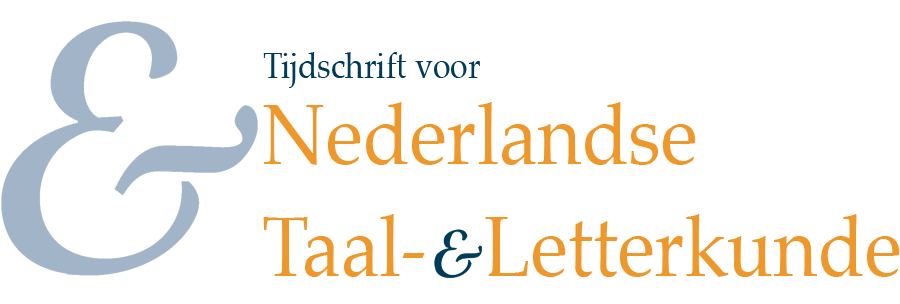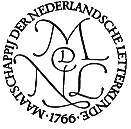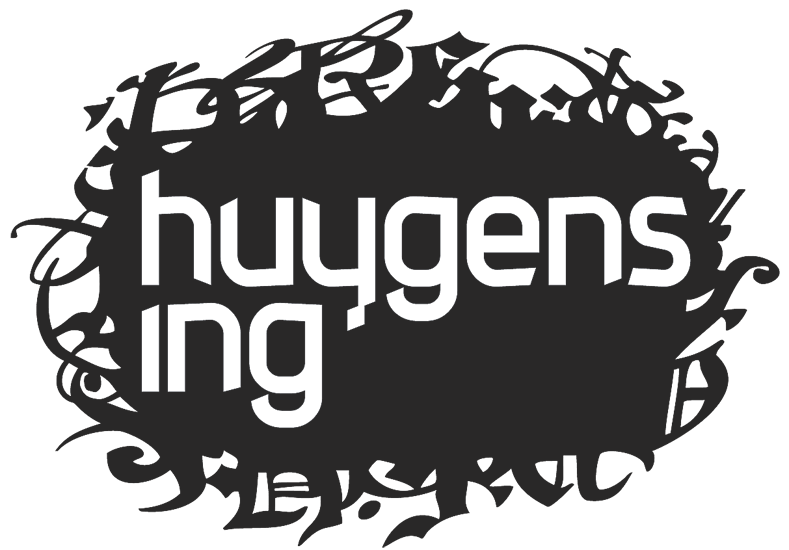Mediatie en transfer van Duitse Exilliteratuur in Nederlandse setting. Over de rol van mediatoren met bijzondere aandacht voor de opkomst van literaire agenten
Samenvatting
Abstract – After writers and publishers fled Nazi-Germany in 1933, the Netherlands became a center of German book publishing and trade. In addition to the market of German audiences, communication and transfer to non-German markets, including the Dutch, were of high importance, particularly after Austria’s ‘Anschluss’. Literary mediators such as critics, translators, but also (financial) promoters and literary agents played a prominent role. The article illustrates how the situation of writing and publishing in exile paved the way for the development of literary agencies after the Second World War and shows how they were embedded in an international network.
Terugverwijzingen
- Er zijn momenteel geen terugverwijzingen.



